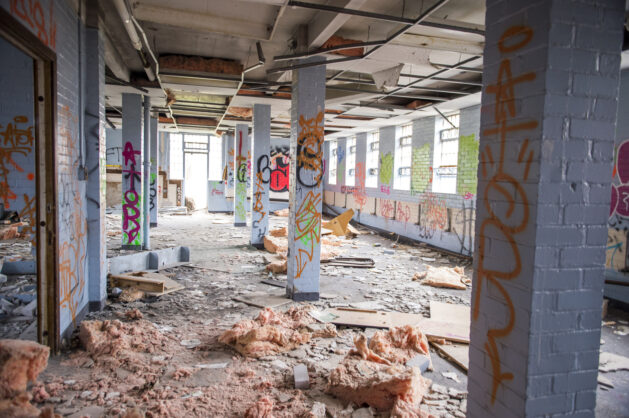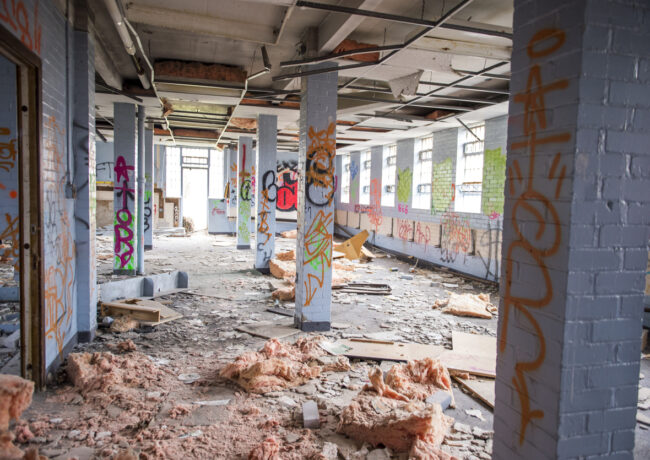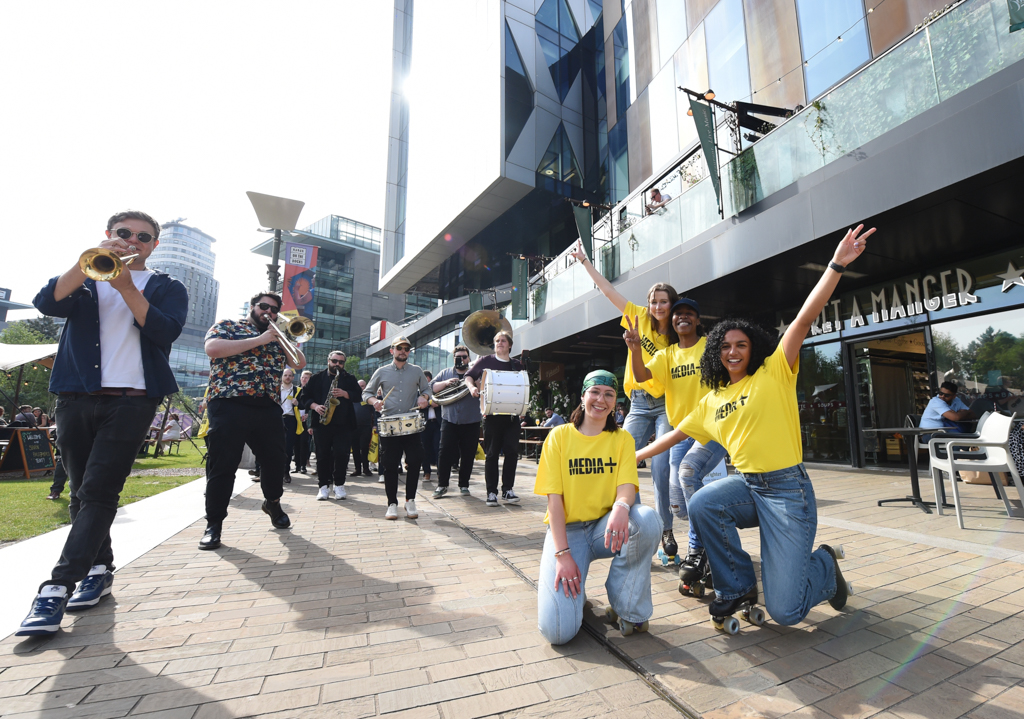RESOURCES | Squatters on your property?

Daniel Wise of Slater Heelis provides advice to landlords regarding squatters.
Halloween might now be over, but the nightmare of squatters on your commercial property can happen at any time.
Since the criminalisation of squatting in residential property in 2012, the number of squatters taking up residence in commercial property has increased drastically. This is especially the case in large urban areas, including Manchester, Liverpool and Warrington.
Prevention better than cure
It might sound obvious, but preventing would-be squatters from taking possession of your commercial property should be one of your main priorities if any part of that property is currently unoccupied. As a minimum, the unoccupied property should be boarded up and fully secured. Where practicable, all of the property’s utilities ought to be turned off and disconnected. The use of a 24-hour security service also ought to be considered, along with the installation of a robust CCTV system. These measures will incur additional costs, but such costs pale by comparison to the damage that squatters can cause to your property.
The legal essence of squatters’ rights is occupation of property, and so doing everything you can to prevent them from entering your property in the first place is simply a matter of good common sense.
How to remove squatters from commercial property
There are two key procedures open to landlords to remove squatters from commercial property.
First procedure: Interim Possession Order route
The first is known as the procedure for an interim possession order (‘IPO’). It is generally quicker, but there are a number of prerequisites that you will need to meet, including:
- That you make the court application within 28 days of first finding out that squatters entered your premises. If you did not actually know, but should reasonably have known that squatters had entered your premises, then the application should be made within 28 days of this date.
- The property must be commercial premises, not open land, etc.
- You must have an ‘immediate right to possession’ of the premises (i.e. you must be the immediate landlord). You will also need to have had this right for the whole time the squatters have been occupying the premises.
- The claim can only be for re-possession of the premises.
The defendants in the claim will be the squatters, and will be described as ‘persons unknown’ unless you are aware of any of their identities.
If the IPO is granted by the court, it will then need to be properly served on the squatters. Following service, the squatters will have 24 hours to vacate, and if they fail to do so they can be arrested and liable to fines and/or imprisonment. On the granting of the IPO, the court will also fix a date for what is known as the ‘final possession hearing’. Therefore, the IPO will only have effect up until the final possession hearing. It is usually the case that the final possession order will be granted, but this is not guaranteed.
Because there is more than one court hearing under the IPO procedure, it is usually more expensive than the standard possession procedure which we will look at next.
Second procedure: Standard route
The standard route is similar to the IPO procedure, but the 28 day limit does not apply (likewise the potential criminal sanctions should the squatters refuse to leave). As above, the standard route is slower, but generally not as expensive. Under the standard route it might also become necessary to apply for a ‘warrant of possession’ under which bailiffs will attend the property to remove the squatters.
Key points for commercial landlords when squatting is an issue:
- Secure your empty commercial property.
- If practicable, turn off and disconnect the utilities.
- Consider 24 hour security patrols and installing effective CCTV systems.
- Do not delay taking action if you think that squatters are occupying your commercial property.
- Consult specialist property litigation solicitors to ensure removal of squatters is lawful and effective.
For further advice on evictions and related legal issues, please call me on 0161 672 1518 or email daniel.wise@slaterheelis.co.uk
This article was originally published on Place Resources.




